Iconic Professor, Brilliant Mathematician
Prof. Thomas Wieting [math 1965–2016]
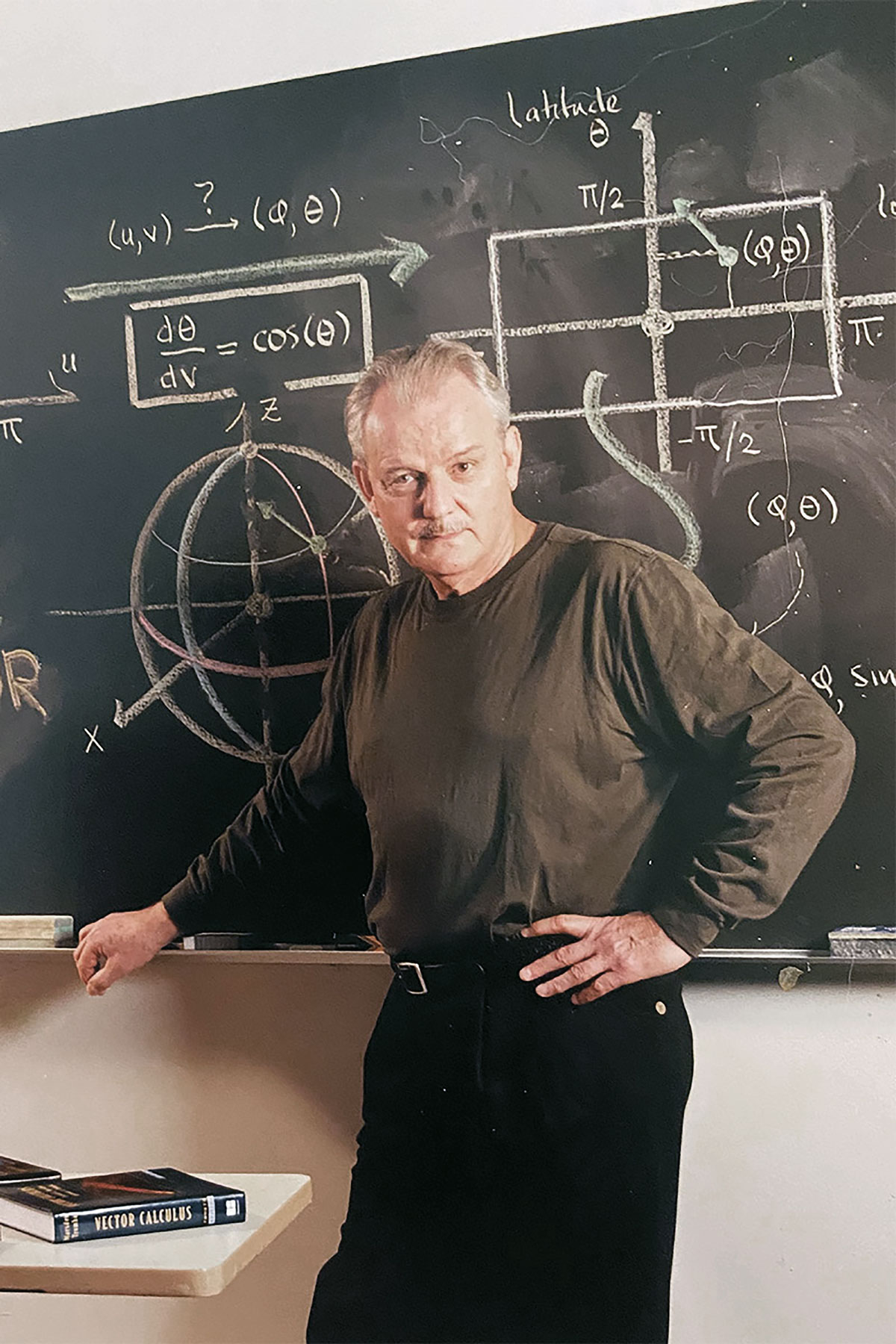
July 19, 2021, in Portland, Oregon.
From the uncountably vast to the minutely infinitesimal, Prof. Tom Wieting roamed the domain of mathematics with unquenchable curiosity, inspiring generations of Reed students through his extraordinary ability to find connections to physics, chemistry, art, and even theology.
Prof. Wieting was renowned for his elegant blackboards and extraordinarily lucid lectures, always delivered without notes. “If I’m not ready to talk without notes, it means I’m not properly prepared,” he once said. “Besides, the pressure to perform actually clarifies my thoughts and appeals to the frustrated actor in me.”
Eloquent in thought, admired for his flawless lectures, and known for his dry humor, Wieting was a brilliant professor who cared deeply about his students. For more than 50 years, he taught an astonishing range of courses and wrote scores of essays on a glittering array of subjects, including complex numbers, real numbers, mathematical physics, the theory of Frobenius, Turing machines, the history of astronomy, space travel, the trials of Galileo, perspective drawing, and the geometry of M.C. Escher. He published a book on chromatic plane ornaments and mentored at least 69 thesis students, many of whom went on to careers in math, physics, or technology.
His Renaissance approach led to a strong connection with the physics department, a stint teaching in Humanities 110, and the MALS program, where his course on the Copernican revolution and trials of Galileo was a perennial favorite.
Born in 1938, he grew up in the suburbs of Chicago and Owensboro, Kentucky, in a devout family whose father directed the local YMCA and whose mother was the church organist. As a young boy, he pondered how it is that shadows form, sparking an interest in light that would reach its apotheosis at Reed.
In 1956, his interest in politics led him to be elected to the Kentucky state Democratic convention, where he served as the youngest delegate. He went to college at Washington and Lee University, where his focus shifted from politics to math when his freshman adviser—taking note of his test scores—said, “You should be taking calculus.” Acting on this advice, Wieting signed up for the class and found his true calling.
He went to graduate school at Harvard, where he was surrounded by sophisticated mathematicians. While he found the context inspiring, he became frustrated with his thesis project on harmonic analysis. Taking a break to shift focus, he accepted a two-year appointment at Reed and six years later earned tenure. He then returned to Harvard to finish his doctorate on a project in ergodic theory. Wieting considered appointments elsewhere, but Reed provided the context he sought—to study broadly without borders—so he decided to return.
“I’ve always preferred the wide perspective,” he explained, “and I think it has served my students well, as I have been able to design special courses and advise on widely varied thesis projects, following their interests.”
“To think about mathematics with Tom Wieting is to journey into a realm of crystalline, unabashedly serious, and inevitably mysterious beauty,” said John Lind ’06. “He does not hound, pamper, showboat, or bore, but rather encourages you to develop your own methods for apprehending truth. I learned from him that a mathematician can be a stylish and graceful sort of being, and can carry a brilliant sense of humor delivered between the lines with a straight face.”
Wieting was renowned for his extraordinarily lucid lectures. His style made such a deep impression that some of his students formed a Tom Wieting band and set one of his lectures to music.
“I don’t study mathematics simply to solve a combinational problem that seems interesting,” Wieting said. “It’s a study of the purest form of understanding, and the power of description through the metaphors of mathematics is what gives it life. It’s a route, a language toward understanding the world. The central focus in my intellectual life at Reed is that I have sought an understanding of light in the metaphors of mathematics.” He frequently described the beauty of mathematics as “silent music.”
Elegant in voice, Wieting sang tenor for many years in Reed’s Collegium Musicum. His presence throughout campus frequently was preceded by his singing. He recited Edgar Allan Poe’s “The Raven” from memory at Reed’s annual talent show. He was an avid whitewater rafter and navigated many of the great rivers of the American West, including the Deschutes, the Rogue, the Snake, and the Missouri. He introduced many students, faculty, and staff to the thrill of whitewater through the Gray Fund and private trips.
Wieting was predeceased by his former wife Beth Wieting MALS ’71, who taught piano at the college for several years in the 1970s. He is survived by his long-term partner, Barbara Amen, who retired last year from her role as director of the MALS and Special Programs; his son Aaron Wieting; and his daughter Alexandra Amen.
One of his favorite quotes comes from Chaucer’s Canterbury Tales: “Gladley wolde he lerne and gladley teche.”
Please direct contributions in his name to the Professor Thomas Wieting Mathematics & Physics Student Fellowship Fund. Contact the development office at development@reed.edu or 503-777-7573 for more information.
Appeared in Reed magazine: December 2021
comments powered by DisqusFrom the Archives: The Lives they Led
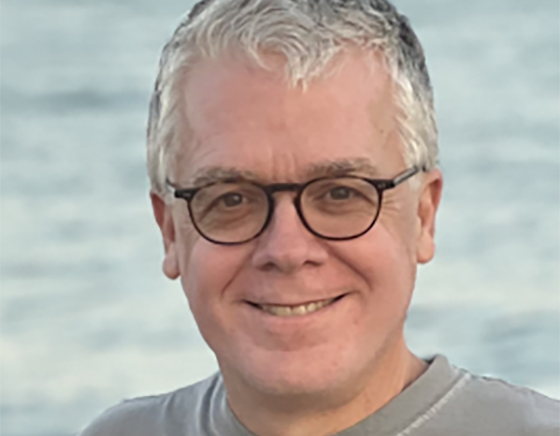
Frederick Dushin ’86
Frederick, an architect and software developer, embodied the intellectually adventurous spirit of Reed throughout his life.
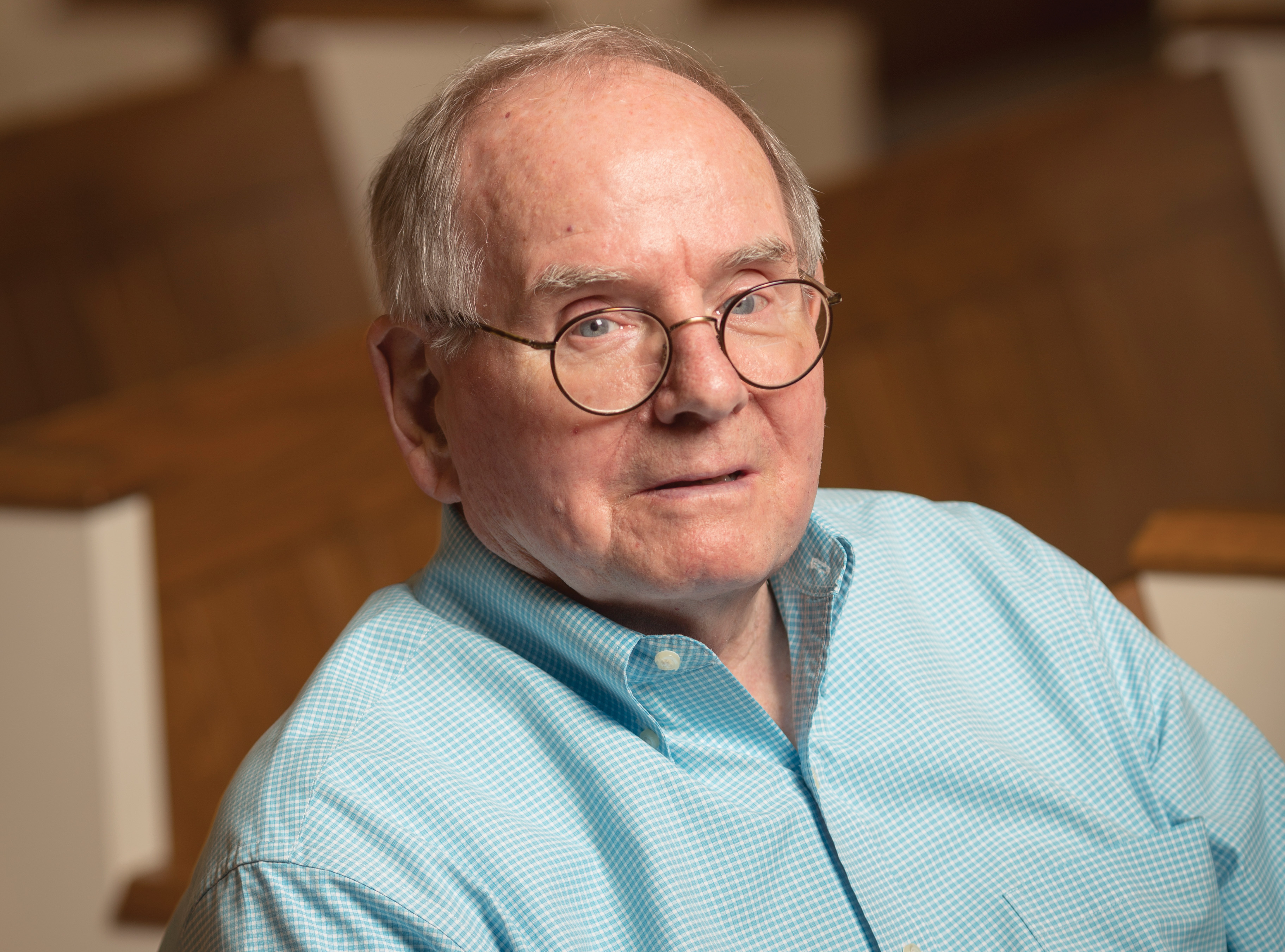
William Haden
As acting president of Reed from 1991 to 1992, William “Bill” R. Haden worked to strengthen Reed’s finances and improve alumni relations.
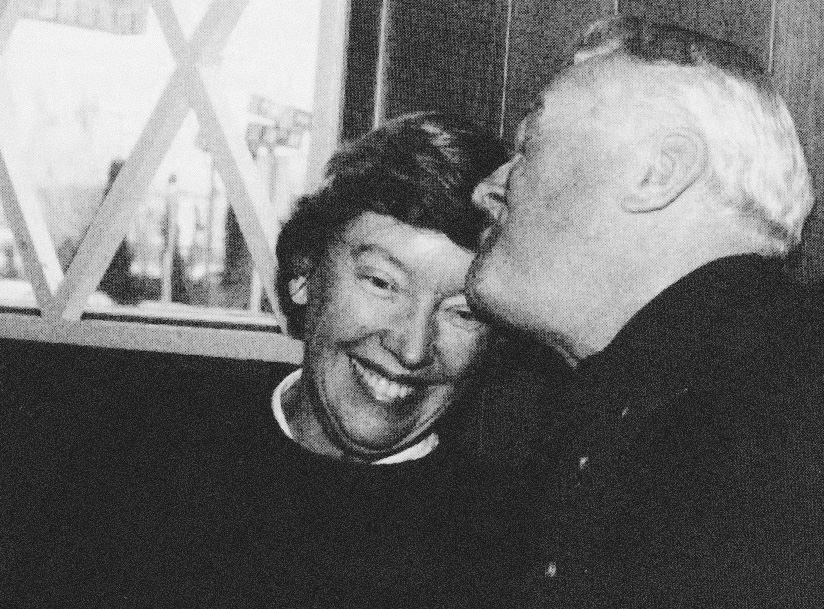
Nancy Horton Bragdon
Reed’s First Lady Whose Warmth and Leadership Were Invaluable During a Turbulent Time

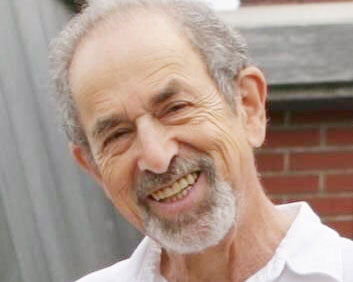
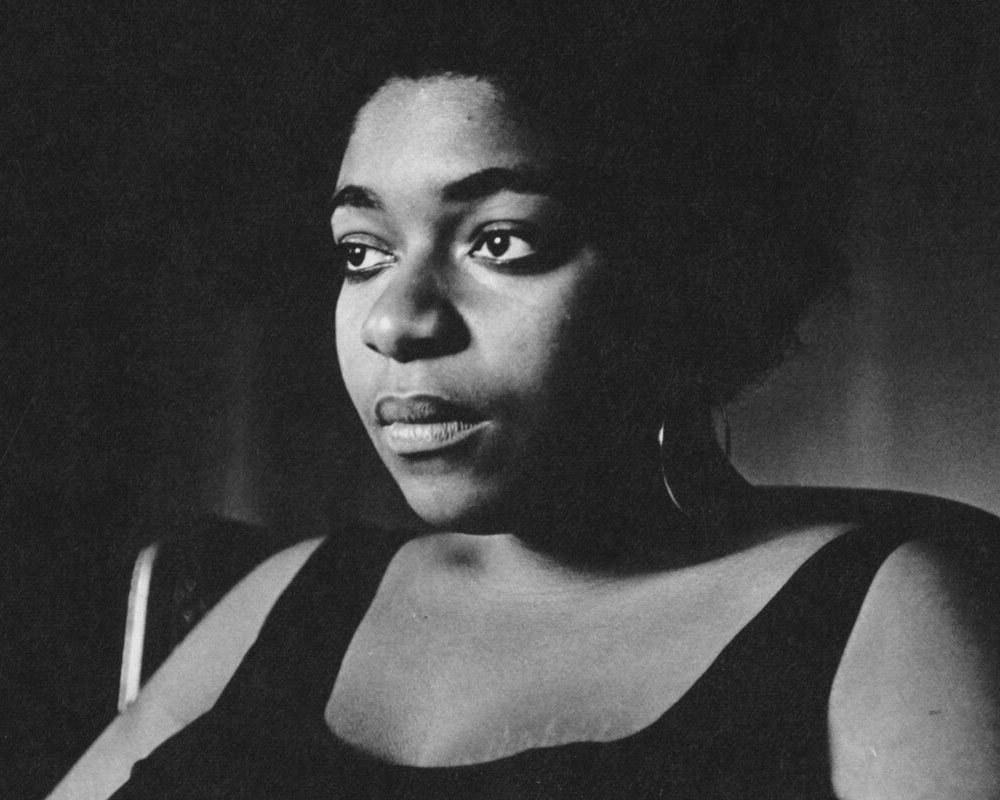


![Photo of Prof. Marvin Levich [philosophy 1953–94]](https://www.reed.edu/reed-magazine/in-memoriam/assets/images/2022/LTL-levich1.jpg)
![Photo of President Paul E. Bragdon [1971–88]](https://www.reed.edu/reed-magazine/in-memoriam/assets/images/2020/Bragdon.jpg)
![Photo of Prof. Edward Barton Segel [history 1973–2011]](https://www.reed.edu/reed-magazine/in-memoriam/assets/images/2020/Segel.jpg)








































































